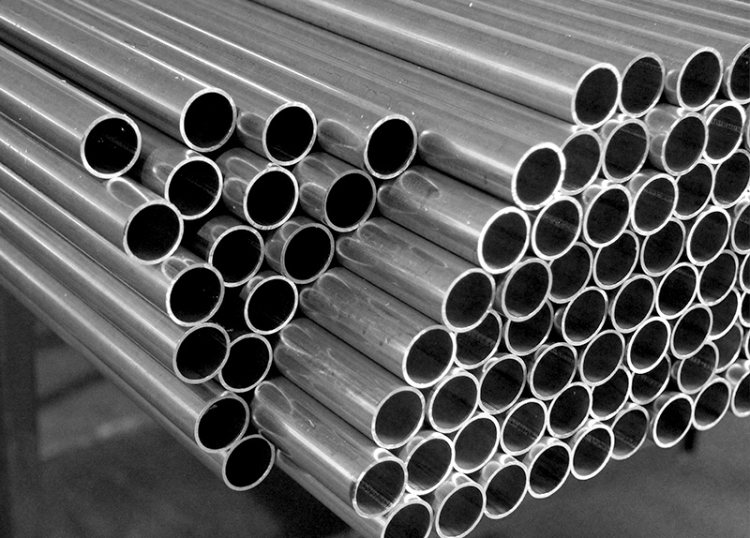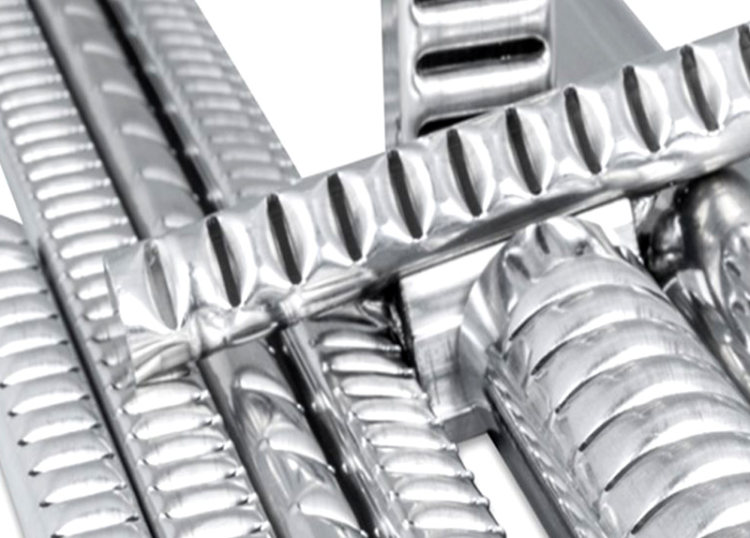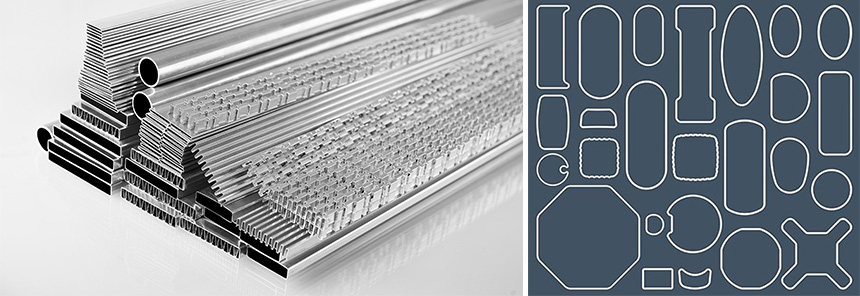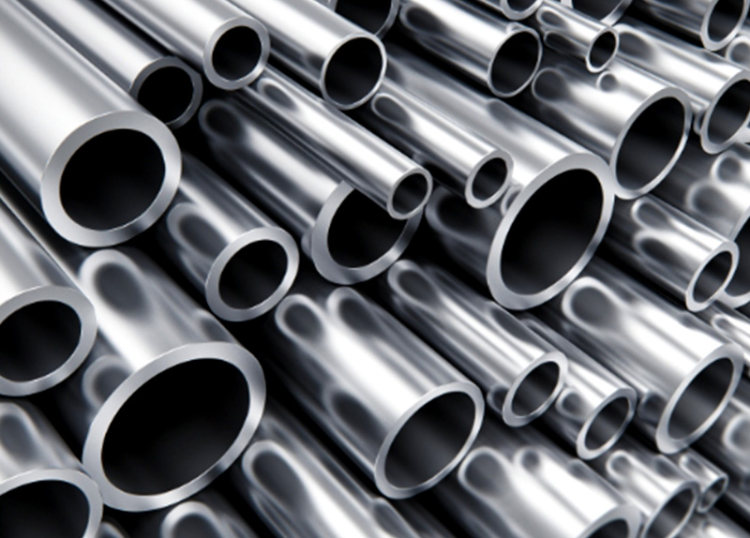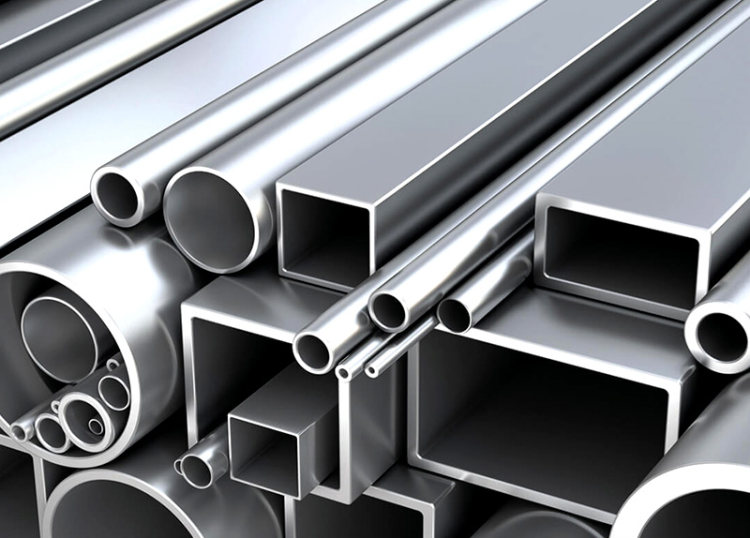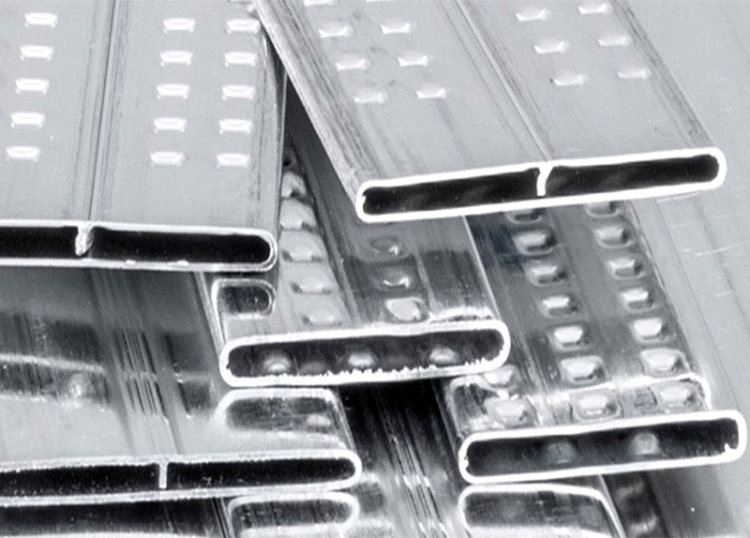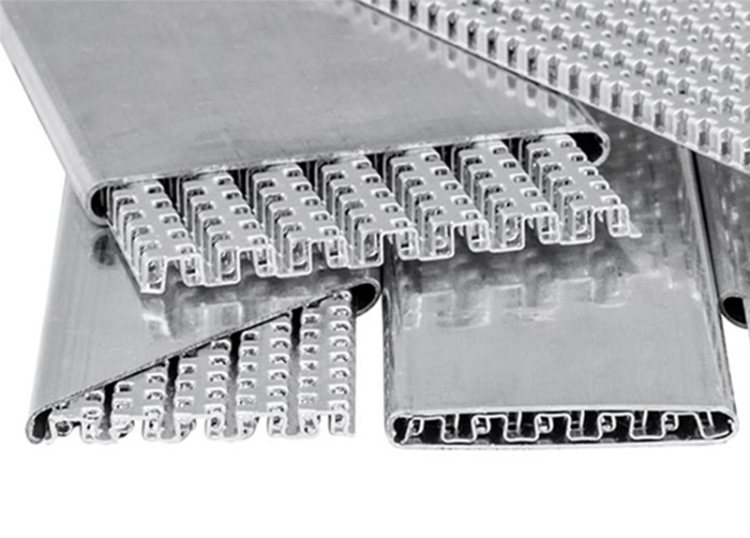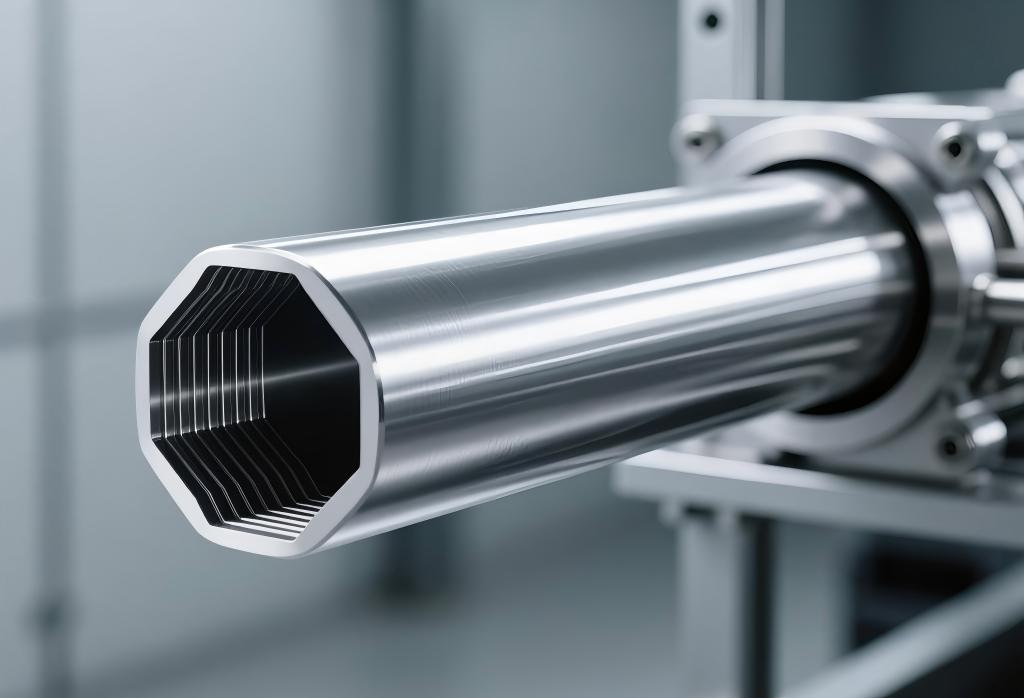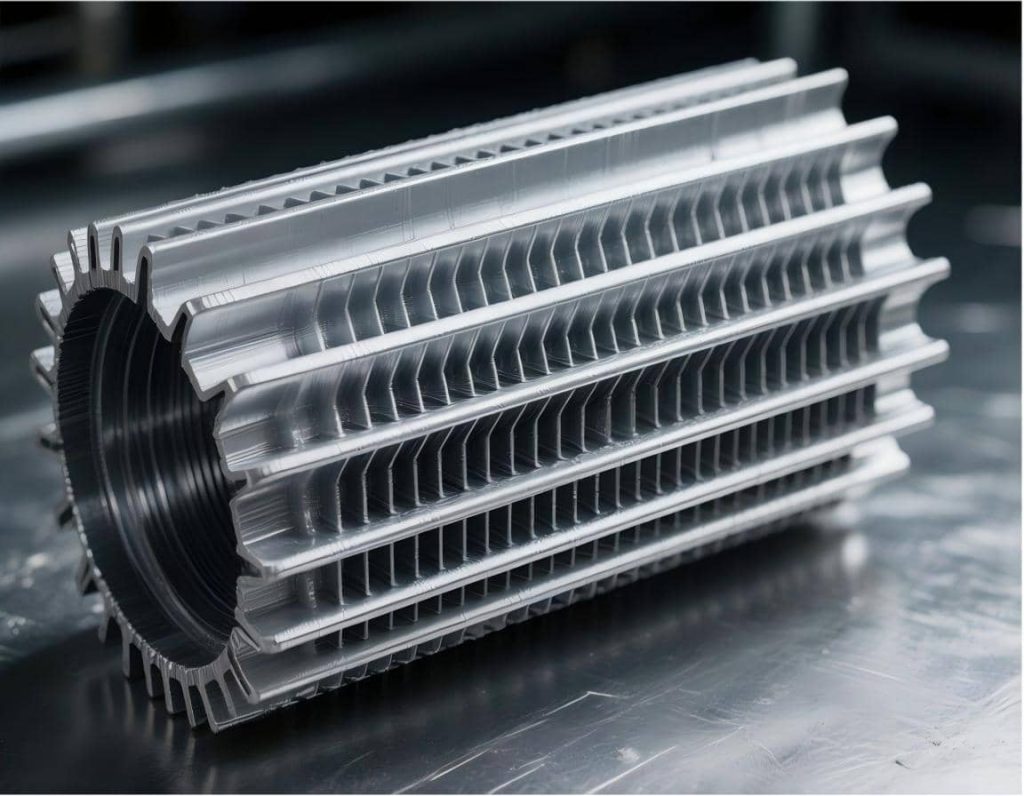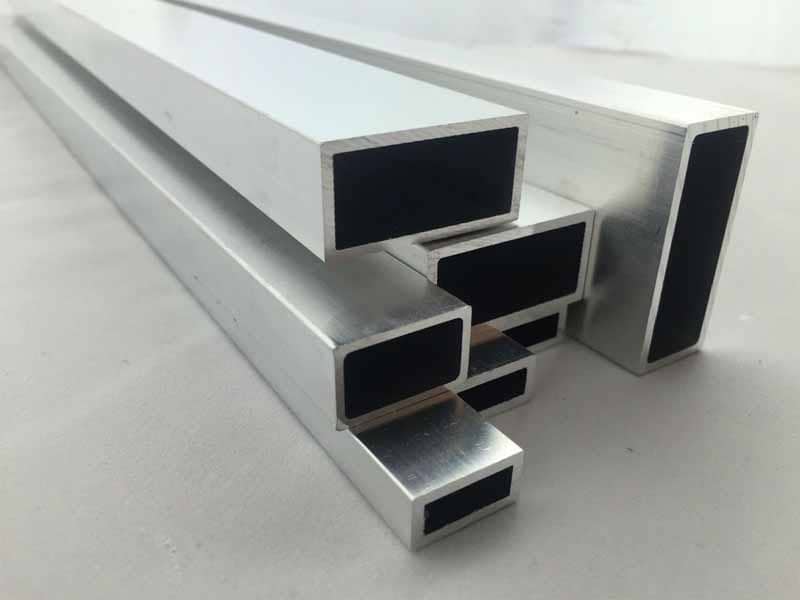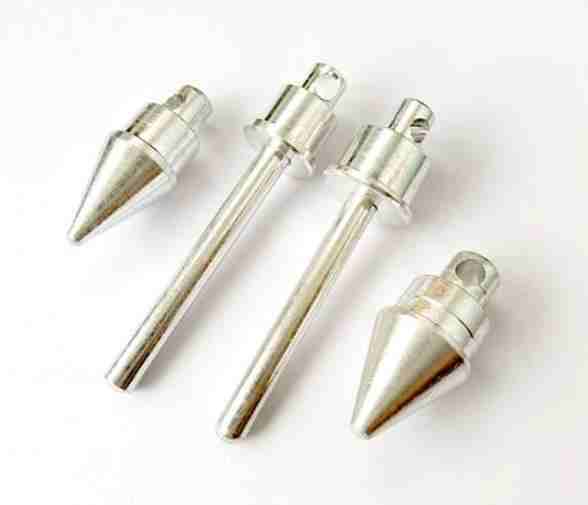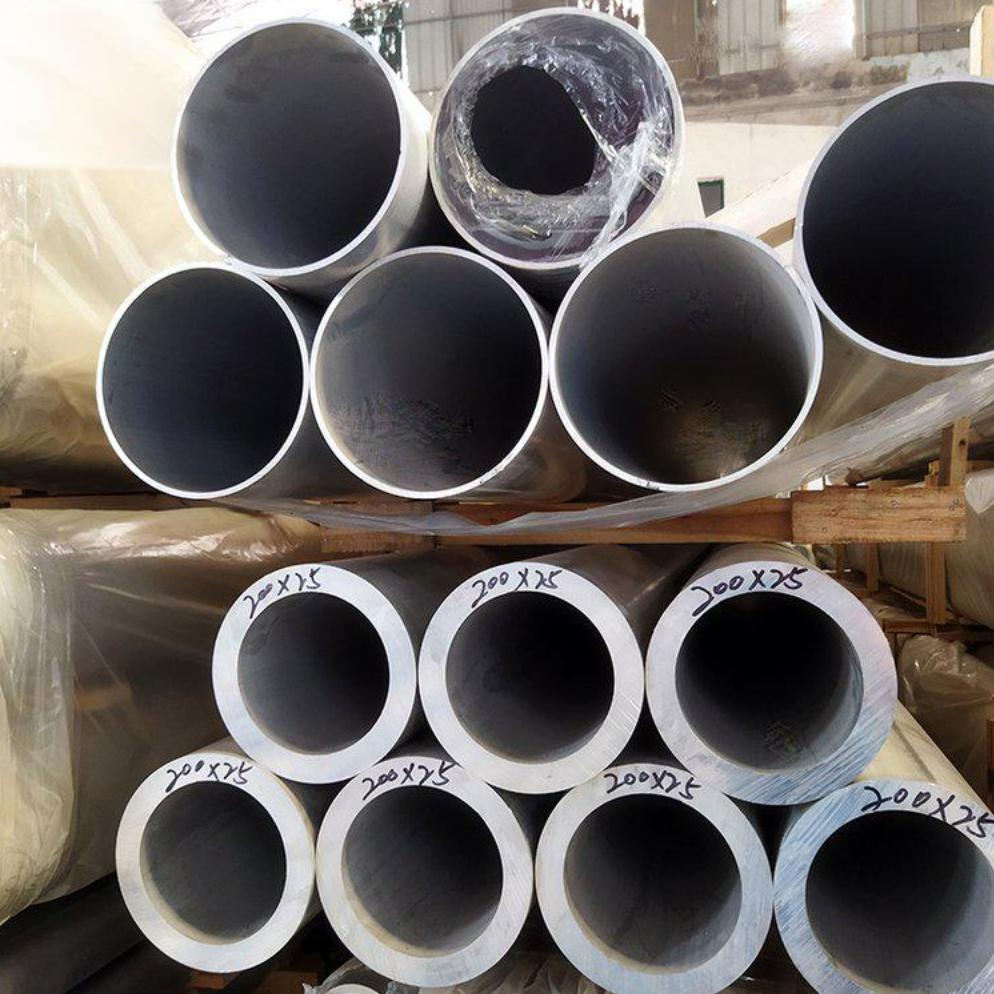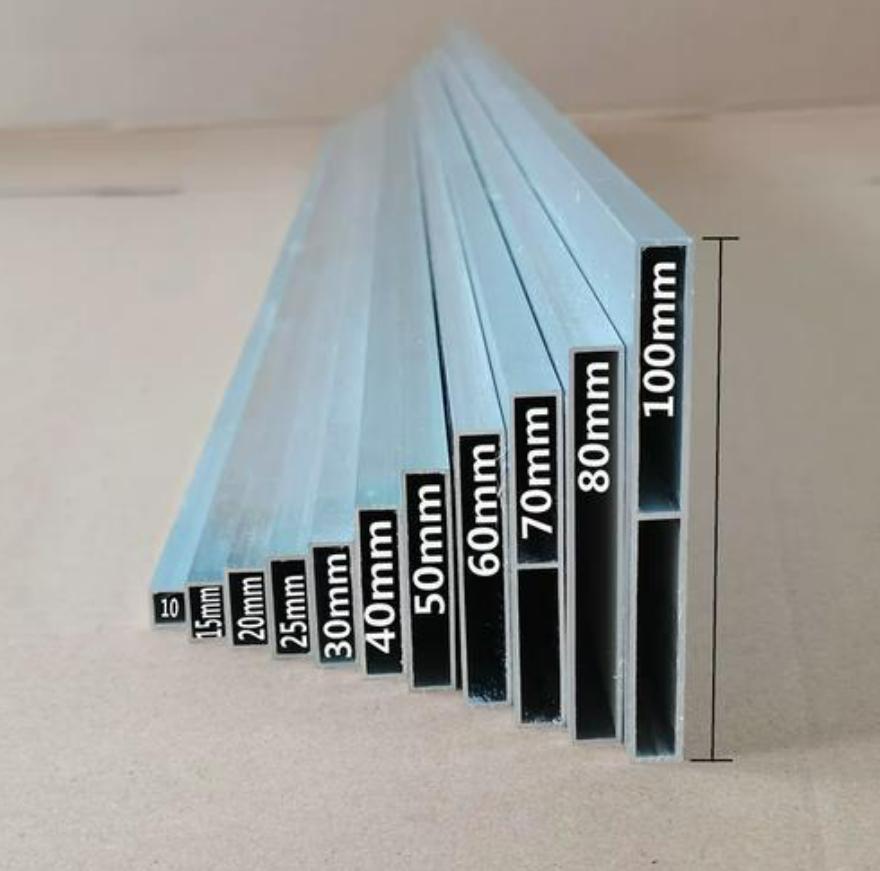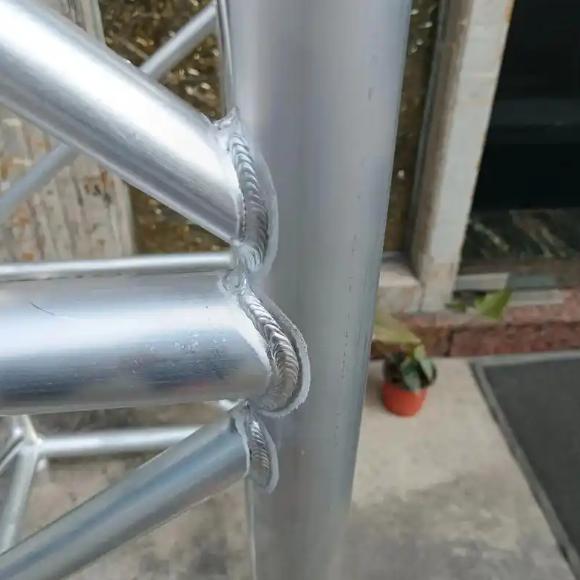For many car enthusiasts and performance aficionados, squeezing every last drop of power and efficiency from their engines is a constant pursuit. One crucial component that can significantly impact these aspects is the header pipe. This article delves deep into the world of header pipes, particularly those crafted from aluminum. We’ll explore their function, the advantages they offer, and the specific considerations when choosing and installing aluminum header pipes for your vehicle.
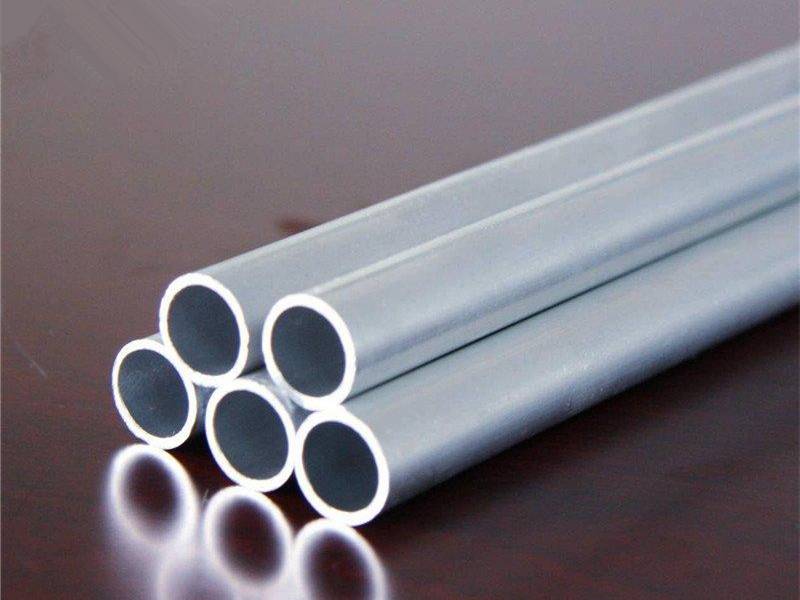
What is the Role of Header Pipe in Exhaust Systems?
Located at the beginning of the exhaust system, the header pipe acts as the initial conduit for exhaust gases exiting the engine. Traditionally made from steel for its strength and durability, high-performance applications often utilize aluminum due to its significant weight reduction properties.
The primary function of the header pipe is to efficiently channel exhaust gases away from the engine cylinders. A well-designed header pipe promotes smooth exhaust flow, minimizing backpressure – the resistance encountered by the exhaust gases as they attempt to exit the engine. Reduced backpressure translates to several benefits:
- Increased Horsepower: By lowering backpressure, the engine expels exhaust gases more readily, allowing for a freer intake of fresh air and fuel. This improved air-fuel mixture translates to a more complete combustion process, ultimately generating more power.
- Enhanced Fuel Economy: Reduced backpressure also allows the engine to operate more efficiently. With less resistance to overcome, the engine requires less energy to expel exhaust gases, leading to better fuel mileage.
- Improved Throttle Response: A well-designed header pipe contributes to a more responsive throttle. When you press down on the accelerator pedal, the engine reacts quicker due to the efficient removal of exhaust gases and the subsequent intake of fresh air.
Why Aluminum Header Pipes Gain Popularity in Performance Vehicles?
Steel has traditionally been the go-to material for header pipes due to its affordability and inherent strength. However, aluminum is emerging as a strong contender in the performance vehicle segment, offering distinct advantages that cater to this specific market.
The primary driver of aluminum’s popularity lies in its significantly lower weight compared to steel. This translates into several quantifiable benefits for performance-oriented vehicles:
- Reduced Overall Vehicle Weight: Every kilogram (or pound) shed from a car contributes directly to improved performance. A lighter vehicle translates to less mass for the engine to accelerate, leading to a measurable improvement in acceleration and handling capabilities. This weight reduction is particularly valuable in performance applications where shaving off even a few kilograms can make a noticeable difference on the track or during spirited driving.
- Faster Acceleration: The lighter weight of aluminum header pipes directly contributes to quicker acceleration. This is especially noticeable in performance-oriented driving scenarios, where rapid acceleration is desired for overtaking maneuvers or achieving faster lap times.
However, it’s important to acknowledge the trade-offs associated with aluminum header pipes:
- Increased Cost: Aluminum is generally a more expensive material than steel. This translates to a higher initial cost for aluminum header pipes compared to their steel counterparts. This price difference can be a significant factor for budget-conscious performance enthusiasts.
- Reduced Durability: While aluminum is a strong material, it doesn’t possess the same level of robustness as steel. Aluminum header pipes are more susceptible to dents or scratches from road hazards like debris or during installation. This can be a concern for vehicles that might encounter rough terrain or situations where the header pipes are exposed to potential impacts.
By understanding these clear advantages and trade-offs, performance enthusiasts can make an informed decision about whether aluminum header pipes are the right upgrade for their specific needs and budget.
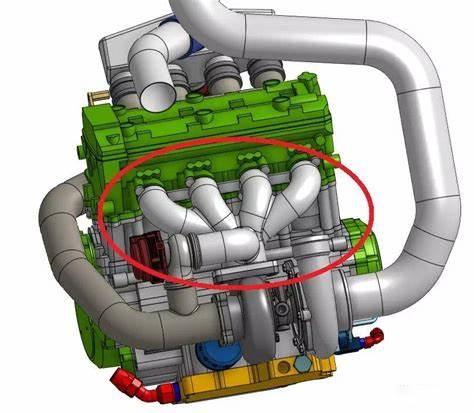
How to Find the Right Aluminum Header Pipe for Your Vehicle?
Choosing the right aluminum header pipe for your car requires careful consideration of several key factors. Here’s a detailed breakdown to ensure you get the optimal performance gains:
- Vehicle Compatibility: This is the most critical factor. The header pipes must be specifically designed for your vehicle’s make, model, and engine configuration. Incompatible pipes will not fit properly, causing leaks, reduced performance, or even potential damage to your engine. Double-check the compatibility information provided by the manufacturer or consult a performance shop to ensure a perfect fit.
- Pipe Diameter and Size: The diameter and size of the header pipes directly impact exhaust flow. Choosing the appropriate diameter is crucial for achieving optimal performance gains without sacrificing low-end torque. Here’s a breakdown of what to consider:
- Impact on Exhaust Flow: Larger diameter pipes allow for a higher volume of exhaust gases to flow through more freely. This can lead to increased horsepower at higher RPMs. However, excessively large pipes can create issues at lower RPMs, negatively affecting low-end torque, which is the pulling power of the engine in its lower operating range.
- Finding the Sweet Spot: The ideal pipe diameter strikes a balance between maximizing high-RPM power and maintaining good low-end torque. Consulting a performance shop or referring to the manufacturer’s recommendations for your specific vehicle and engine is highly recommended. They can guide you towards the optimal pipe diameter that aligns with your performance goals.
- Brand Reputation and Quality: Invest in aluminum header pipes from reputable brands known for their commitment to quality and performance. Look for brands that utilize high-grade aluminum and employ robust construction methods. Here are some key aspects to consider:
- Material Quality: High-quality aluminum ensures the pipes are strong, lightweight, and resistant to corrosion.
- Construction Methods: Look for header pipes with well-designed mandrel bends. Mandrel bending creates smooth bends that minimize turbulence and optimize exhaust flow. Additionally, high-quality welds ensure a strong and leak-proof connection.
- Brand Reputation: Research the brand’s reputation for performance and customer satisfaction. Look for brands with positive reviews from other performance enthusiasts and a proven track record of delivering high-quality products.
By carefully considering these factors, you can select the ideal aluminum header pipe for your vehicle, unlocking performance gains and enhancing your driving experience.
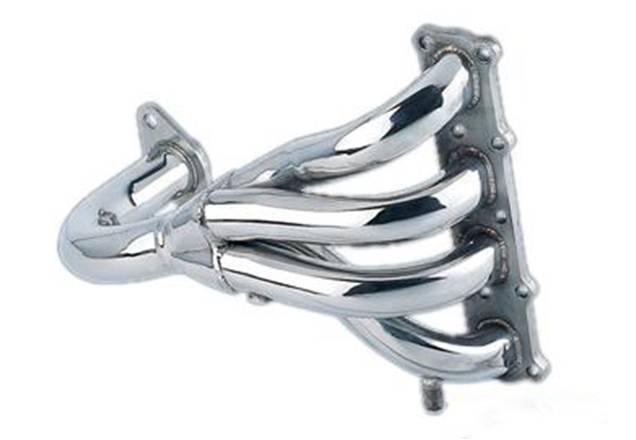
Conclusion
Aluminum header pipes offer a compelling option for performance-oriented drivers seeking to extract more power and efficiency from their vehicles. By understanding their function, benefits, and considerations specific to aluminum, you can make an informed decision about whether they’re the right upgrade for your car.

